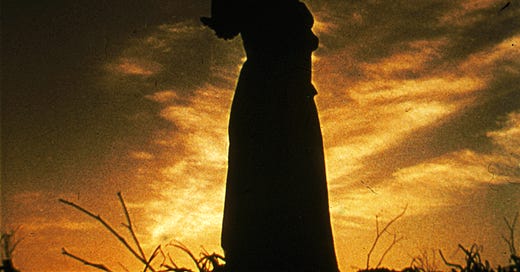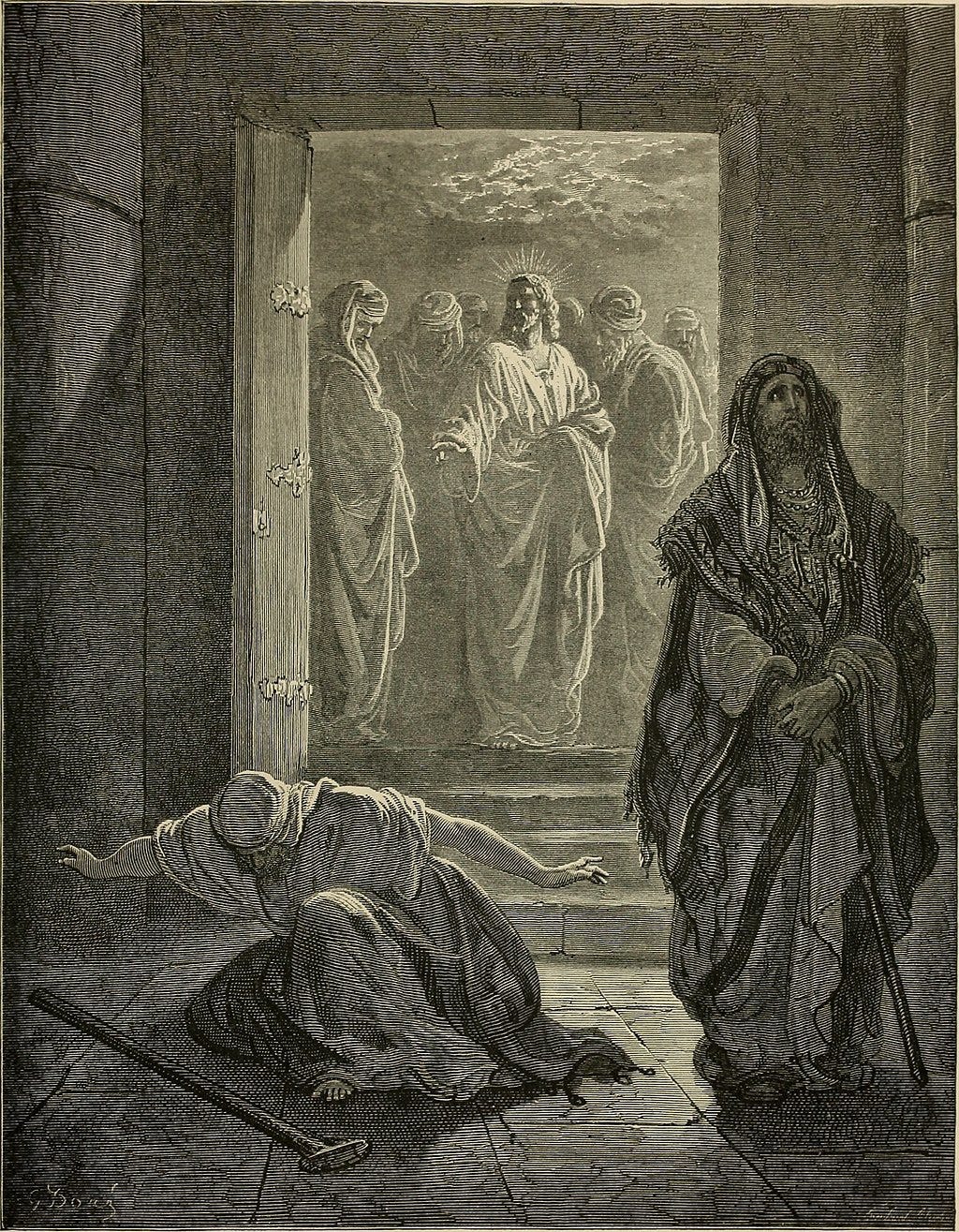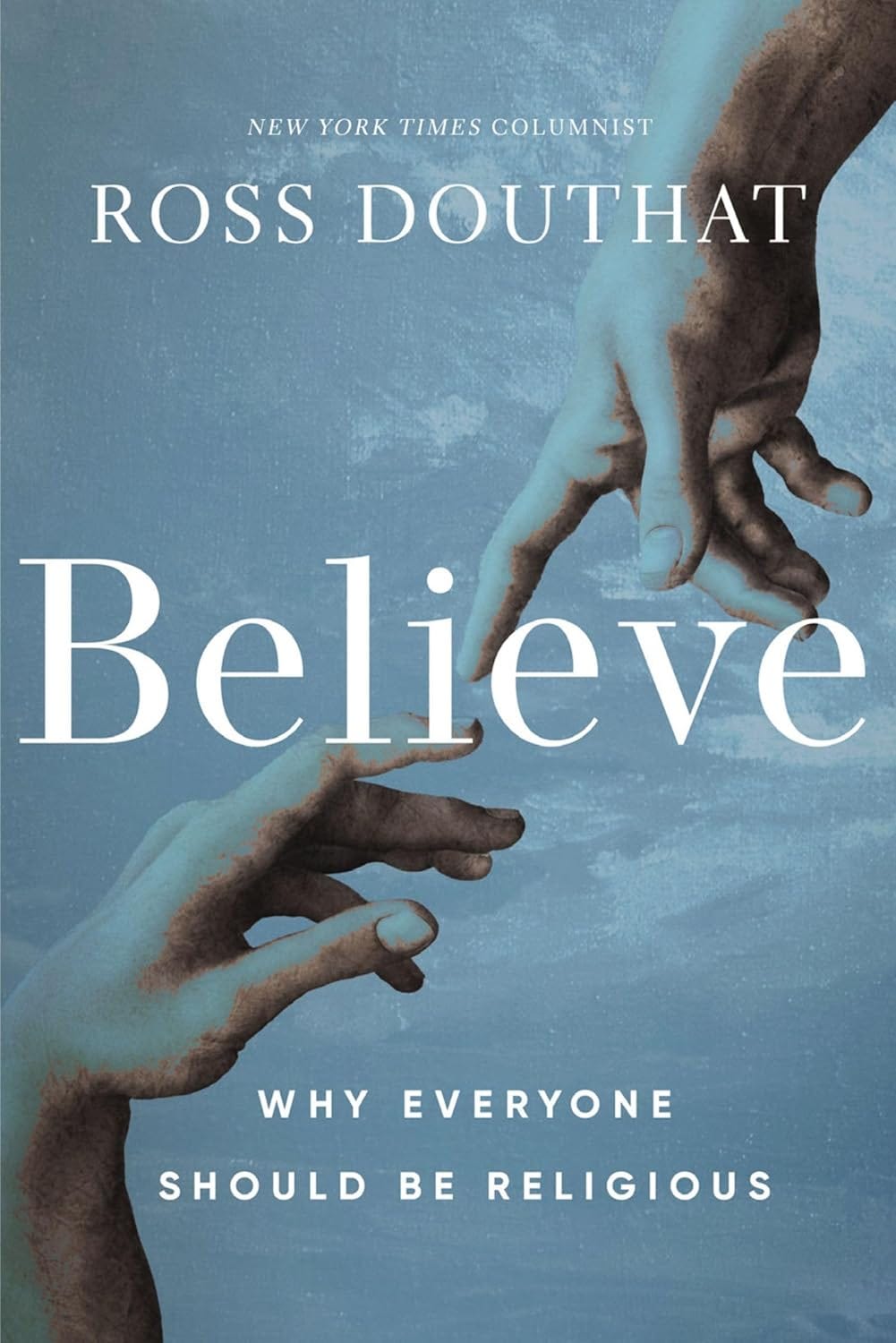I take no pleasure in the loss of anyone’s faith.
My freshman floor at a state school was about 90% Christian, at least nominally. Four years later, I could count the churchgoers on one hand. This is a sad, well-documented trend.
My campus minister was more sanguine about it. He’d say, “I love working with college kids because this is the first time they are choosing for themselves.” In a secular environment, he knew that whoever showed up to a Sunday service wanted to be there. While the broad trend was grim, the community and conversations within the church were authentic and encouraging.
I was reminded of this winnowing when I interviewed Ross Douthat for his new book Believe. His premise is that, contrary to the Enlightenment philosophers and New Atheists, religion generally (and Christianity in particular) remains the most plausible explanation for reality. If David Hume predicted that religion would inevitably recede as science advanced and that spiritual experiences would be revealed as hoaxes and superstitions—well, it hasn’t worked out that way. In fact, Douthat would say the opposite has occurred.
Modern astronomy shows how uniquely suited earth is to humans. Modern neuroscience shows how irreducible consciousness is to material causes. Modern quantum physics shows how the mind appears to mysteriously shape matter. Perhaps a geocentric universe has been disproven, but reports of God’s death have been greatly exaggerated.
While talk of God, angels, and demons, is out-of-bounds in the academy and mainstream media, normal people continue to encounter spiritual entities. And occasionally, as in the case of UFOs or DMT users, these experiences precede any formal religious structure. Despite all the talk of “disenchantment,” there’s a lot of weird stuff still going on out there.
wrote recently about how Techno-optimism and New Atheism reinforced each other. Douthat elaborated on this to me:It’s easier to set aside religion and try to live as a purely secular person if you believe the material, political sphere is getting better and better all the time…With the early internet, it was the Obama era, there was this sense that progressive politics and democratization around the world and the Arab Spring and the digital all went hand in hand.
Now, with the dissolution of Obama-era techno-optimism, New Atheism has lost its luster as well.
He also made an argument I’d never heard before: that the internet exposed naive Christians to arguments familiar to the Christian intelligentsia but previously unknown to normie believers. A whole generation of Christians were shaken by seeming contradictions in the gospels, the age of the earth, the authorship of Isaiah, etc. etc.
But just as the scientific advancements since the Enlightenment have ironically strengthened the Christian explanation for reality, I wonder if something similar has not happened for the Christians in the pews. I wonder if all of this testing has left the remnant stronger.
When I go to church on a Sunday morning and stand next to a young adult, there is an unspoken solidarity. We have both been offered pleasure and vice at a scale previously reserved for kings. But we know asceticism is the path to holiness, so we are here.
We are not immune to basic human herd instincts. We have watched our peers fall away from the faith, we have heard their arguments, but, like Peter, we believe Jesus has the words of eternal life, so we are here.
Not only is showing up this Sunday not bolstering our status, it may harm us. When we sing, “Blessed are you, when men shall revile you, and shall persecute you, and shall say all manner of evil against you, falsely for my sake,” it is a reminder of what we have signed up for, not a banal recitation of the Beatitudes. Nevertheless, we are here.
I don’t mean to make a mountain out of a molehill. Persecution in the West is comparatively minor and church can be a good place to socialize (as
and recently discussed). There are obviously “cultural Christians” too, though I wonder how many keyboard warriors actually turn up on a Sunday morning.And Douthat points out that modern converts bring their own baggage. One can imagine a Traditional Latin Mass devotee who would put more stock in
’s opinion than Pope Francis’s pronouncements. Just because Catholicism is gaining some converts doesn’t mean the Church hierarchy is returning to prominence. He wonders if the physical worship is as much a draw as the authority or tradition.All that to say, Christians today haven’t achieved some new level of piety. I don’t mean to be pompous or Pollyanna-ish. But, in a convert-heavy church (like Eastern Orthodoxy) the energy is palpable and contagious. If the greater temptation ahead will not be atheism but worshiping false gods, then I am grateful that those beside me have skin in the game.
If there’s a fight coming, perhaps a crack force of Jedi trumps an army of NPCs.

Believe is concerned with a simple question: is religion true? Because if it is, there are unavoidable ramifications for your life. Of course, that’s a very old problem—the realization that Christ calls us to give up everything. It has stymied many a rich, powerful, or hedonistic inquirer.
As
wrote recently, bemoaning our “disenchanted” culture is far easier than getting down to the ordinary business of Christianity. It’s easy to spend our time researching, but it’s harder to accept that “Now we also need to go to church. We need to fast. We need to pray. We need to learn to love our enemies. We need to live—and perhaps even die—for God.” That’s the hard part.Likewise, Douthat concludes that it is ultimately better to commit and trust in God’s guidance rather than remain a perpetual spectator. Better to be
, becoming a Christian seemingly for “civilizational” reasons, than a Jordan Peterson endlessly circling.And it’s worth noting that, once Hirsi Ali took the plunge of converting, she didn’t keep the faith at arm’s length.
followed up with her and her husband, the historian , this past December:When I asked Hirsi Ali and Ferguson whether their faith was real or just a political balm meant to combat the “cult of power”—whether they were, as Dawkins said, “theological Christians” or a “cultural” ones—they said their faith was “genuine.”
“You cannot help but feel restored by a church service,” Ferguson said. Then, referring to the nineteenth-century French writer Alexis de Tocqueville, who viewed religion as politically useful, he added: “The cynical Tocquevillian Niall who thought church was a useful thing has given way to somebody who looks forward to going to church.”
Hirsi Ali added: “I’m actually very grateful for whatever it was that was ailing me,” because it led her to God. “My life now is much richer, more fulfilling, than before.”
My campus minister said a common pattern for students was moving away from a negative faith—one defined by the passages you disagreed with, the believers you found phony, the doctrines you couldn’t stomach—to a positive faith. It was a shift from adolescent angst looking to tear things down to a mature engagement looking to make things better.
Douthat nails this tendency, especially prevalent among young adults today, to remain at a critical distance rather than commit:
It is certainly true that the history of organized religion is steeped in wickedness and sin. It is also true that the history of every organized human activity is steeped in crimes and cruelties. The history of the family, the history of business and commerce, the history of politics and government, are all replete with dramas of cruelty and subjugation and abuse.
One might look at this history and conclude that human beings should therefore live somehow without families, without trade, without political relations—but this is a view for adolescents, hermits, and misanthropes. The normal view is to recognize the needs met by these institutions, the necessary work they do, the progress to which they can contribute, the truths they convey, and get on with the business of trying to make them better, less corrupt, the best version of themselves.
As I’ve said above, I do not celebrate the mass exodus from faith of young adults today. But I do believe that good can come from evil and that in any situation, there is an opportunity to grow closer to God and be grateful. In Judges, God intentionally cut Gideon’s fighting force from 22,000 to 300 to make a point:
And the Lord said unto Gideon, “The people that are with thee are too many for me to give the Midianites into their hands, lest Israel vaunt themselves against me, saying, ‘Mine own hand hath saved me.’”
Who is to say what is in store or what God’s plan may be? Perhaps our post-Christian, diminished West will bring more glory to Him, lest cultural Christians vaunt themselves against Him. In our disorienting, disenchanted age, I plan to start with “Lord I believe, help my unbelief” and take it from there.








I've been thinking about reading that Believe book for a bit but now I'm sold. Also, I loved the idea of moving away from defining faith by what your against toward defining faith by what you for. I've been thinking a lot about whether there's a need in theological circles to have a branch that's apropos of positive psychology (a field devoted to focusing on what makes someone positive rather than what makes them negative). Anyways, good write,
Thought provoking! Perhaps God does need a Gideon winnowing in the West.